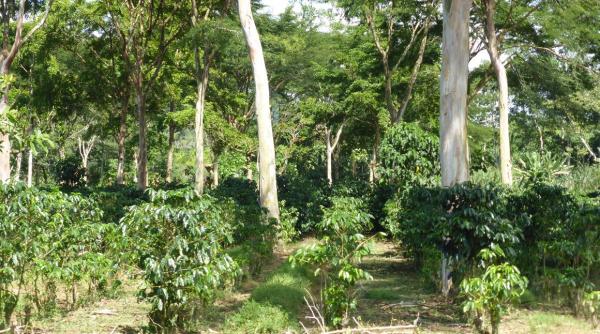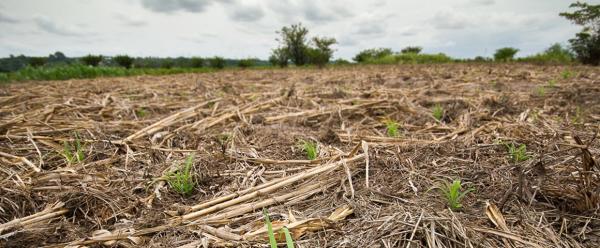The IPCC has documented the importance of agriculture and food systems for climate. These sectors account for 37% of global greenhouse gas (GHG) emissions. At the same time, the land sector, in the form of vegetation and soils, is a major carbon sink, and captures 29% of total GHG emissions. Nevertheless, these questions have only recently been considered in international talks.
CIRAD will be at COP27 as an observer of the talks, and also as organizer of several events, alongside its partners from France, Europe and the global South. This will be an opportunity for it to promote certain major research results to policymakers and other participants: negotiators, country delegations, observers such as NGOs, the media, etc. Those results concern the impact of climate change on agricultural activities, how to adapt agriculture and food systems to climate change, and the role agriculture and food systems could play in mitigation processes, particularly in tropical and Mediterranean countries.
Agriculture and food are at last on the agenda for COP climate talks
For the first time ever, the 27th edition of the Climate Change Conference of the Parties (COP27) will include a pavilion for food systems. This year’s conference will also look at the completion of the Koronivia joint work, which should ideally result in State commitments in the agricultural sector. These long-awaited talks concern a sector that is both a victim of and source of solutions to climate change.
Along with its partners, CIRAD has made an active contribution to four topics covered in the work: soil fertility, carbon and health; organic fertilization; food security and the socioeconomic aspects of climate change in the agricultural sector; and livestock and agropastoral systems.
Agriculture was long forgotten in global climate talks. However, it is a key sector, in terms of greenhouse gas emissions, mitigation, and adaptation. Agricultural issues were eventually addressed as part of the Koronivia joint work. This little-known action, to which CIRAD made an active contribution, has now been completed. The challenge now is to ensure that the work is followed up and that agriculture and food are no longer the poor relations in global talks, in the light of current climate change.
CIRAD considers that these questions cannot wait any longer: agriculture in Mediterranean and tropical countries has been particularly hard hit and needs public policy support. Moreover, such countries often suffer from a lack of knowledge, which must be remedied by means of substantial investment in research.
Africa’s COP
COP27 has been called Africa’s COP, and will focus on North-South solidarity. It is therefore eagerly awaited by countries in the global South. There will also be discussions on how to adapt agriculture to cope with increasingly frequent droughts.
What solutions are available to agriculture to deal with drought events that are becoming more and more frequent? For CIRAD, which has been addressing this problem for many years through its research in partnership in the countries of the South, this is now a crucial question because of climate change.
Links to be forged with COP15 on biodiversity and health issues
Among other things, health issues are directly related to the impacts of climate change on agricultural yields. However, biodiversity also plays a major role : for many farmers in the global South, crop diversity acts as a lever for drought resistance, and guarantees a varied diet.
Droughts, heatwaves, storms, flooding... the list goes on. Climate change is a threat to agricultural production across the planet, and to food supplies for the world's most vulnerable people. To counter its effects, farmers will have to dig into the riches offered by crop biodiversity. CIRAD's researchers and their partners are supporting those farmers with their unique expertise in the diversity and adaptability of tropical plants.
To address these various issues in a systemic, effective way, CIRAD advocates closer links between the COP on climate and those on biodiversity and desertification, taking account of the related health issues. It also feels that land is a sector that spans the various international conventions.
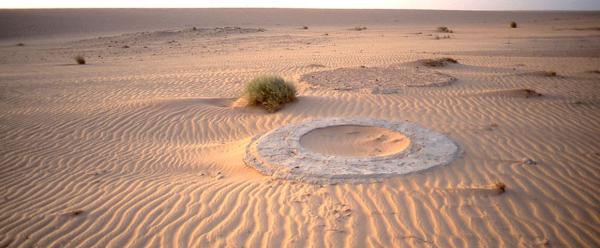

























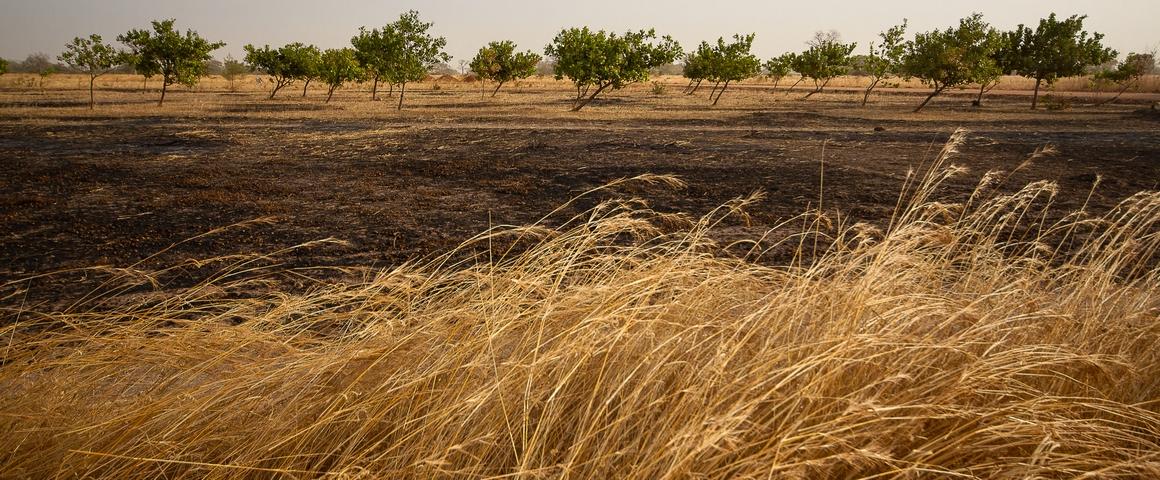
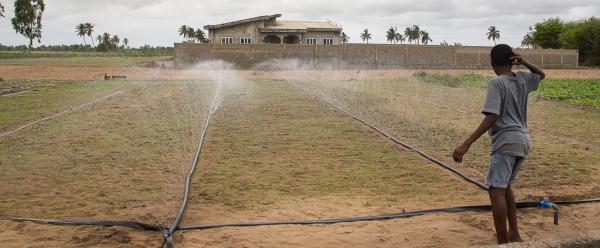
.jpg)

